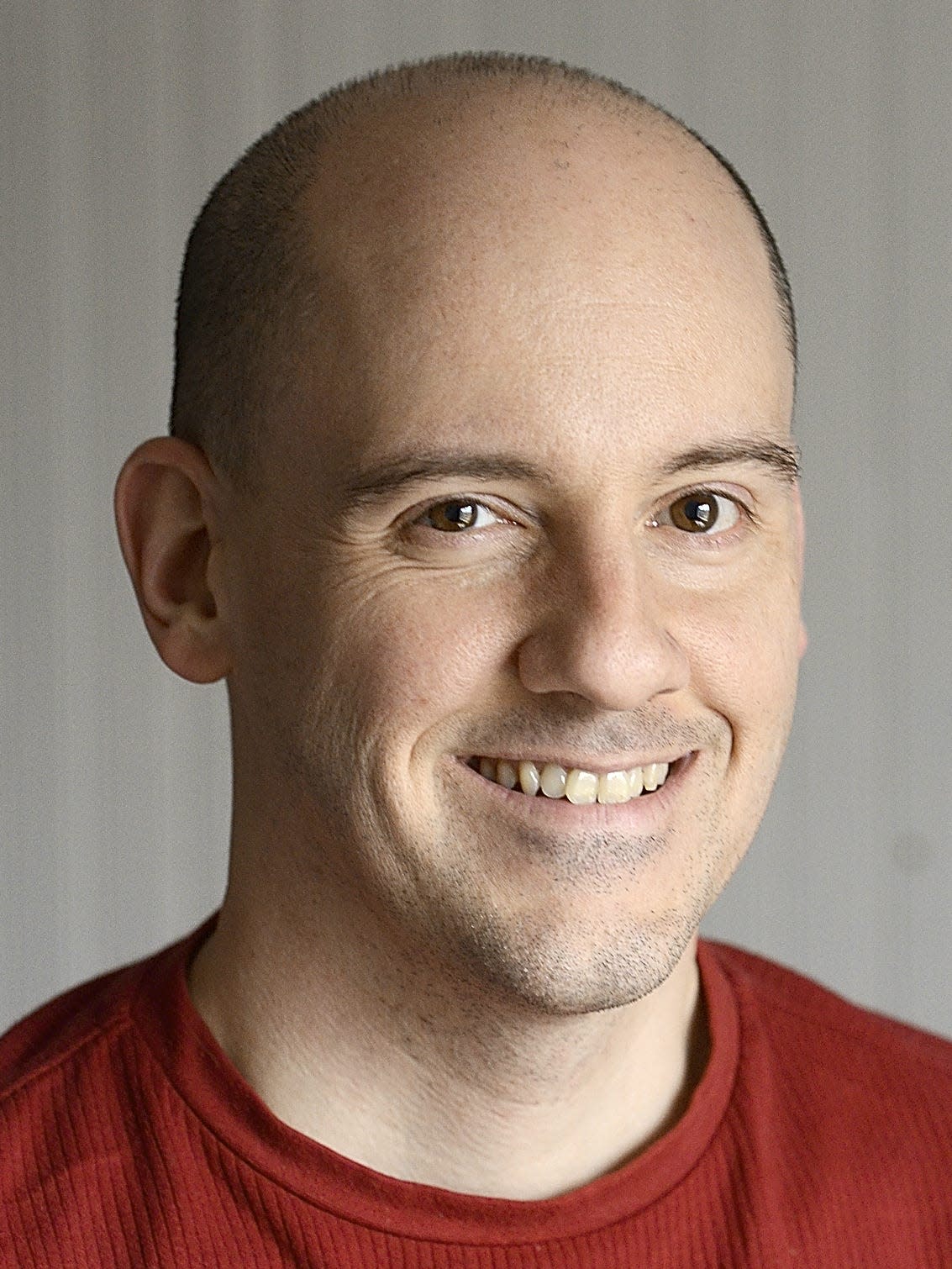Chris Schillig: A good neighbor should support the neighborhood

Like a good neighbor, State Farm wanted to make everybody in the community feel welcome.
The insurance giant began a program recently to donate three specific books about LGBTQ+ to school libraries, teachers and community centers. The company’s corporate responsibility analyst, Jose Soto, had hoped to “highlight [the company’s] commitment to diversity,” not ignite a firestorm of controversy.
But a conflagration is what ensued after a whistleblower leaked the correspondence, which sought five agents in Florida to distribute the books and referenced a wider effort to recruit agents and volunteers nationwide to do the same.
Not surprisingly, some conservative quarters seized on the opportunity to characterize the initiative, a partnership with the non-profit GenderCool Project, as an attempt to “indoctrinate” 5-year-olds. This, despite many counselors’ opinion that talking to kids about sexuality in an age-appropriate way often begins in the lower-elementary grades. Consumers’ Research, the organization that first shared the whistleblower’s leak, even called the insurance company “a creepy neighbor.”
Because of the backlash, State Farm announced this week that it is no longer supporting the GenderCool initiative.
It is instructive to dig beneath the name-calling and corporate-speak and see just how scandalous these three books are – or aren’t.
The volumes are “A Kids Book About Being Transgender,” “A Kids Book About Being Inclusive,” and “A Kids Book About Being Non-Binary.” Each contains a note: “This book is best read together, grownup and kid.”
The “Kids Book About” series has dozens of titles dealing with topics as diverse as adoption, money, cancer and technology. They appear to be general introductions to issues that many youngsters know little about.
The book about transgender features this two-page exchange: “So one night I wrote a note to my parents telling them who I was and slipped it under their bedroom door. After they read it, they walked out, pulled me into a hug, and told me they believed me and that they loved me.” That’s far from indoctrination; it’s much more about acceptance.
Addressing an issue isn’t the same as endorsing it. And having a book in a library or classroom that deals with being transgender or non-binary isn’t going to compel a child to embrace these identities, any more than the hundreds or thousands of depictions of traditional gender roles and heterosexual relationships in other books, television shows, cartoons and movies aren’t enough to make LGBTQ+ kids “go straight.”
Here’s a brutal statistic: Forty-five percent of LGBTQ youth responding to a national Trevor Project survey seriously pondered suicide in the past year. This is more than twice as high as suicidal ideations among the general population of teens.
However, from the same survey, LGBTQ youth who “felt high social support from their family reported attempting suicide at less than half the rate of those who felt low or moderate social support.” Lower rates of attempted suicides were also reported by LGBTQ youth in schools that affirmed their identities.
What’s the best way to get families and peers to affirm these kids? Understanding. What’s the best way to develop understanding? Education. What’s one of the best ways to educate? Reading.
Ergo, when schools and communities remove books that recognize the mere existence of LGBTQ youth, they are in effect removing one of the most effective ways to help these youth successfully navigate an often tumultuous path and to help others in the community understand them. These decisions make kids believe that they are alone. That something is wrong with them. That they are less than.
Kudos to State Farm for trying to reach out, but shame on the company for backpedaling in the presence of misguided traditionalists who want to restrict information, remove literary lifelines and shove particular demographics back into the closet.
These wrongheaded actions could quite possibly be killing our kids.
Reach Chris at chris.schillig@yahoo.com. On Twitter: @cschillig.
This article originally appeared on The Alliance Review: Chris Schillig: A good neighbor should support the neighborhood

